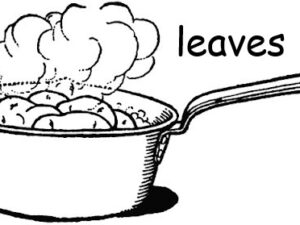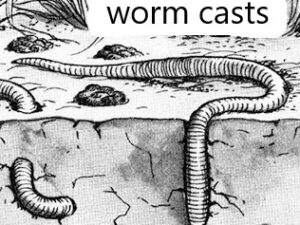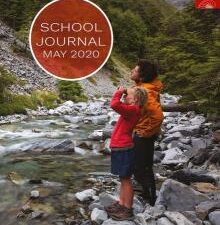In a nutshell – we need to for our children, and we need our children to ‘think sustainably’ if they are to enjoy a sustainable quality of life that those immediate generations born in developed nations post WW2 have for the most part experienced.
Our children today without a doubt are facing an uncertain future unlike any other in the 100, 000 years of human existence. Children who were 10 in 2020 will be 40 in 2050. By 2050 the global population is estimated to be 10 billion – up from 3.6 billion in 1970 or 7.8 billion in 2020. New Zealand’s population alone has increased from around 100, 000 in 1800 to 1 million in 1900 to 5 million in 2020. More people, not just on the planet, but right here in our own backyard will put increasing pressure on our already vulnerable natural environment that underpins our very survival as a species – human induced climate change being but one concern.
A recent ‘Public perceptions of New Zealand’s Environment: 2016’ survey noted that New Zealanders consider the state and management of their environment to be good, if not actually better than in other developed countries’. We have historically held a similar view of our social indicators used to compare other OECD nations. However, it is often a surprise amongst many New Zealanders to learn that amongst developed nations we have one of the most degraded natural environments globally with approximately 80% of our native species threatened with extinction – the highest of any developed nation. In parallel with this we have some of the worst per capita social indicators amongst OECD nations including: suicide rates amongst youth; homelessness, obesity, incarceration of indigenous people, domestic violence, teenage pregnancy – amongst others.
While being at, or near, the top of the list for all the wrong reasons looks incredibly bad – and it is – it is also an opportunity for us to look not just at the state of our natural environment but also ourselves in terms of the dominant cultural values that underpin how we view and by default interact with ourselves, others and the world around us in a way that produces sustainable outcomes for not just nature, but our economy, society and our own personal wellbeing. Hence ‘thinking sustainably’ isn’t so much about trying to ‘fix’ those ‘outer limits of resources or ecological life support systems’ but changing our inner limits – how we think – that reside deep in our psyche – i.e. cultural, psycho-emotional and political limits’ that we often inherit as part of our thinking without consciously doing so. Positive behavior change that is conducive to a sustainable future will only occur when we explore the underpinning values that drive us and where necessary implement practice and policies within ourselves and our wider society that facilitates changes at an intrinsic level that collectively will add to a sustainable future for all.









